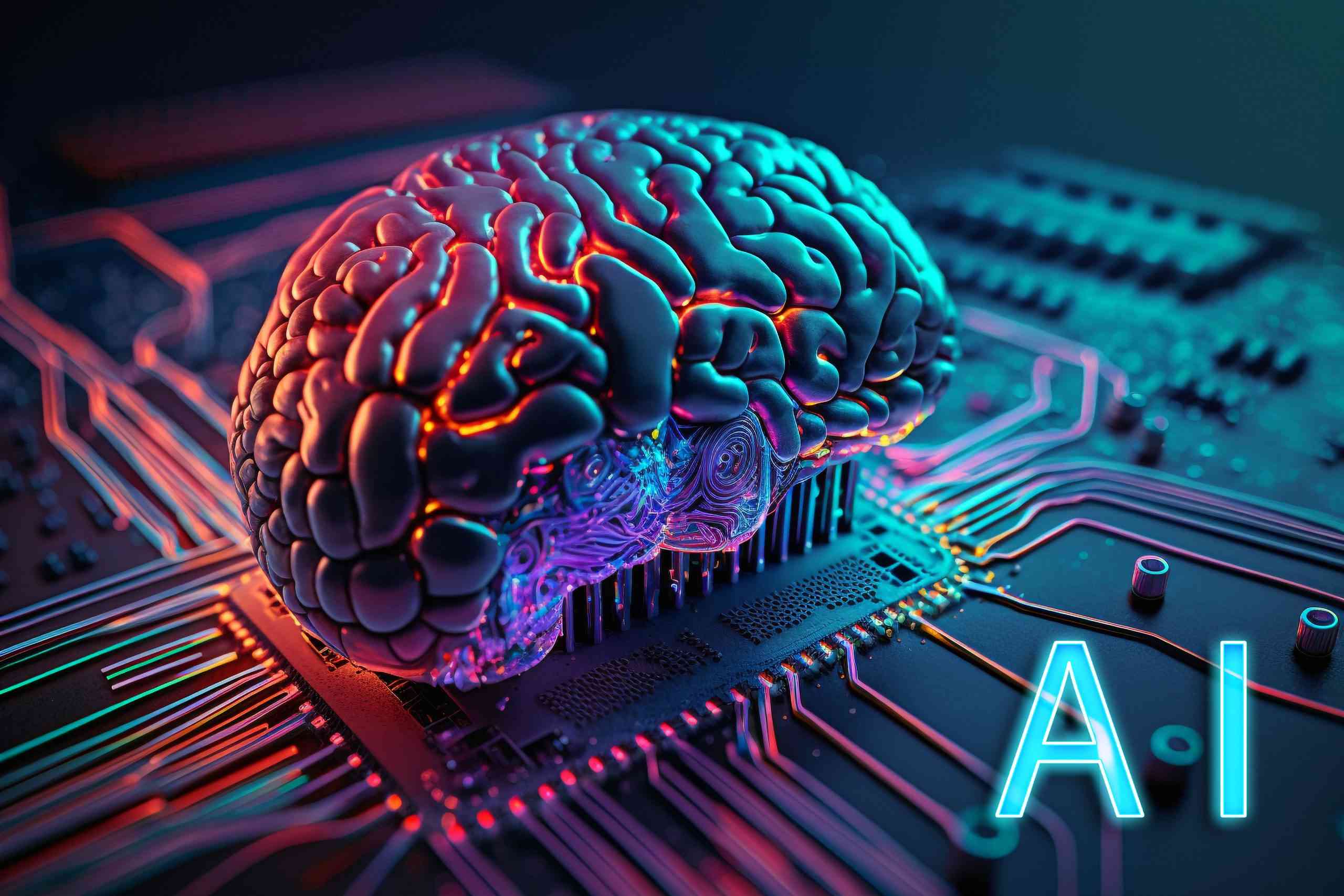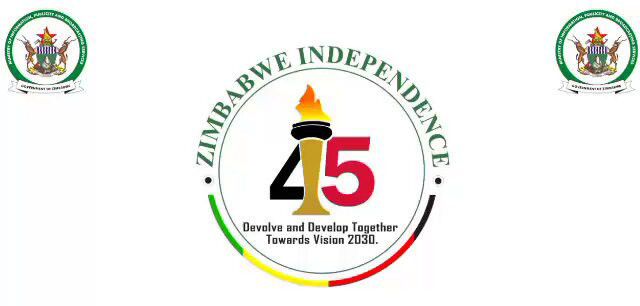
ARTIFICIAL intelligence (AI) continues to reshape industries and societies globally. Traditionally, AI refers to systems capable of performing tasks requiring human intelligence.
The concept of AI agents introduces a dynamic and interactive element, capable of independent action to achieve specific goals. For developing nations like Zimbabwe, understanding the distinction between general AI and AI agents, unlocks opportunities to address challenges across agriculture, healthcare, education, business and governance.
What are AI agents?
AI agents are specialised systems designed to interact with their environment, make decisions and act autonomously to achieve goals.
They perceive the environment using sensors and data inputs to gather information, reason and decide by processing information to identify patterns and determine actions and act independently by implementing solutions in real time.
AI agents and general AI
There is a distinction between an AI agent and general AI as traditionally understood. AI encompasses artificial intelligence systems and technologies capable of performing tasks that typically require human intelligence, such as speech recognition, playing chess, translating languages, or data analysis.
AI can be categorised into narrow AI, designed for specific tasks like chatbots, facial recognition, or recommendation systems; and general AI, a future concept where AI performs any intellectual task a human can do.
- Time running out for SA-based Zimbos
- Sally Mugabe renal unit disappears
- Epworth eyes town status
- Commodity price boom buoys GB
Keep Reading
An AI Agent is a specific type of AI system that engages with its environment to achieve a goal. These agents operate autonomously, observing their surroundings, making decisions and taking actions based on predefined objectives.
In essence, an AI agent actively makes decisions and performs tasks in response to its environment, while general AI is broader, with not all forms interacting with their environment as agents do.
To clarify the difference, consider a weather forecasting system that analyses past weather data to predict tomorrow’s forecast, providing information without action.
In contrast, a smart irrigation system monitors soil moisture and weather data, autonomously deciding when to water crops based on observed conditions.
Potential of AI agents
AI agents have the potential to revolutionise various sectors in developing nations, including Zimbabwe. By leveraging AI capabilities, these countries can address unique challenges and foster significant advancements.
Agriculture: In agriculture, AI agents can transform the sector by monitoring crop health, optimising irrigation and predicting weather patterns. For example, AI-powered drones can survey farmland, providing real-time data on crop conditions. This enables farmers to make informed decisions and take timely actions, enhancing productivity.
Healthcare: In healthcare, AI agents can provide accessible and efficient medical services. AI-powered telemedicine platforms can connect patients in remote areas with doctors for virtual consultations and diagnostics. Additionally, AI agents can manage patient records, track disease outbreaks, and optimise medical supply distribution, bridging gaps in healthcare services.
Education: AI agents can transform education in Zimbabwe by offering personalised learning experiences. Adaptive learning platforms assess students’ strengths and weaknesses, tailoring content to individual needs. AI-powered tools also assist teachers with administrative tasks, allowing them to focus more on teaching. The tools can also help by translating materials into local languages and acting as virtual teachers in areas lacking qualified teachers.
Economic development: AI agents can drive economic development by streamlining business operations and enhancing productivity. In the financial sector, AI agents analyse market trends, detect fraudulent activities, and provide personalised advice. Small and medium-sized enterprises benefit from AI tools that automate routine tasks and improve resource allocation, contributing to a resilient economy.
Infrastructure development and urban planning: AI agents support infrastructure development and urban planning through data-driven insights and predictive analytics. In Zimbabwe, AI-powered systems can monitor and manage utilities, ensuring efficient distribution. AI Agents can also design sustainable urban environments, optimise traffic flow and improve public transportation, enhancing residents’ quality of life.
Integration of AI agents
The integration of AI agents in developing nations like Zimbabwe holds immense potential for driving progress across various sectors. By harnessing AI, these countries can address pressing challenges, improve livelihoods, and pave the way for a brighter future.
Challenges and solutions
Developing nations like Zimbabwe face unique challenges, such as limited resources and underdeveloped infrastructure. AI agents offer solutions to maximise efficiency and progress in critical sectors.
AI agents can significantly impact agriculture by precision farming, monitoring crop health and optimising irrigation, pest management, identifying infestations early and deploying treatments, and weather forecasting, advising on optimal farming practices.
AI agents bridge healthcare gaps by suggesting diagnoses and treatment plans, connecting patients with doctors via virtual consultations and optimising supply chains for essential medicines.
AI agents support small enterprises by automating routine tasks, handling bookkeeping and customer service, analysing market trends for data-driven decisions and assessing loan applications efficiently.
AI agents improve government processes by streamlining tax collection, recommending impactful infrastructure projects, and coordinating disaster response efforts.
Adoption and implementation
Adopting AI agents requires addressing infrastructure requirements such as reliable internet, electricity and computing power, training local talent for AI systems, managing data privacy and job displacement, and government support for deployment.
To harness AI agents potential, Zimbabwe should invest in education by introducing AI subjects in schools, collaborate globally with international tech organisations, encourage local innovation by supporting startups and research institutions, and develop policies to ensure ethical use of AI.
Conclusion
AI agents offer transformative opportunities for developing nations such as Zimbabwe. By leveraging advanced systems, Zimbabwe can address challenges in agriculture, healthcare, education, and beyond, unlocking a future of efficiency, innovation, and growth benefiting all citizens.
- Bangure is a filmmaker with a media degree and substantial experience in media production and management. He previously served as the chairperson of the National Employment Council for the Printing, Packaging and Newspaper Industry. A dedicated enthusiast and scholar of data analytics and AI, he combines his creative and technical skills to delve into innovative advancements. — [email protected]











